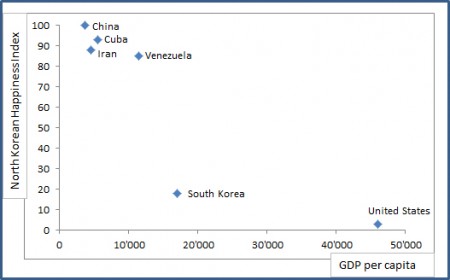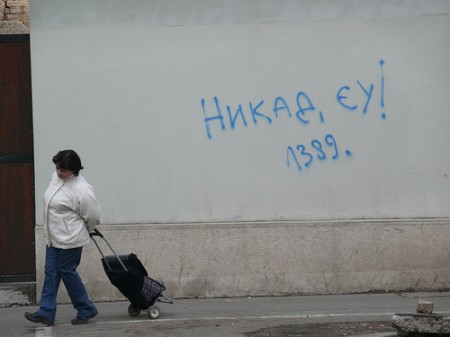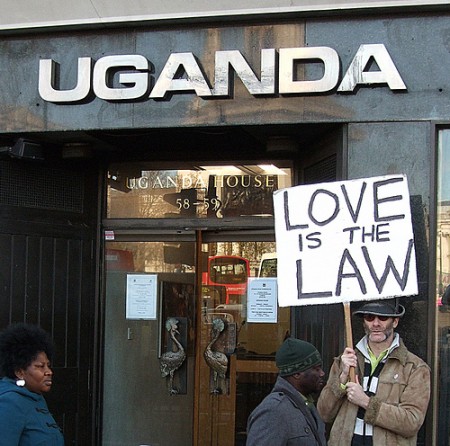Access to information is no longer the main problem. Today’s challenge is managing the information that’s out there. For almost two decades, the ISN has been dedicated to promote information management and knowledge sharing in the area of international relations and security. We are striving to integrate original current affairs analysis with existing background publications and policy briefs. We offer you a wealth of free, high-quality information services, but we know that we don’t always present it in the best way possible. That’s where we need your help.
We are curious to hear which services you use, which regions and topics you’re interested in, which new services you’d like us to provide and how we can make our website more user-friendly. Please take a few minutes and give us your feedback on how we can improve. We highly appreciate your opinion.




